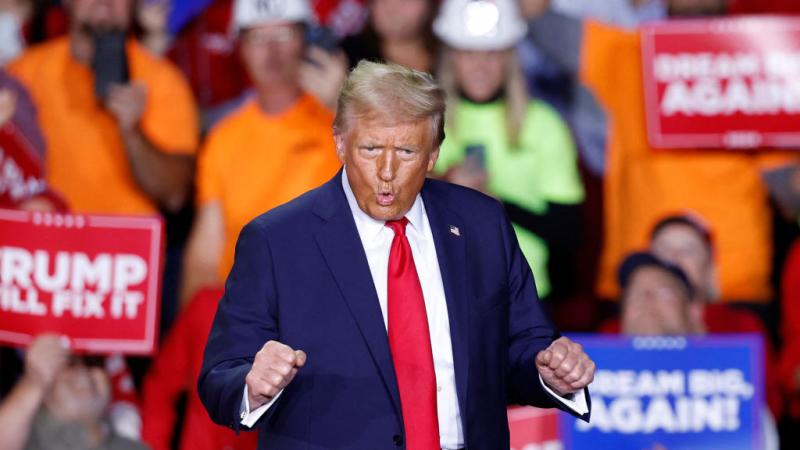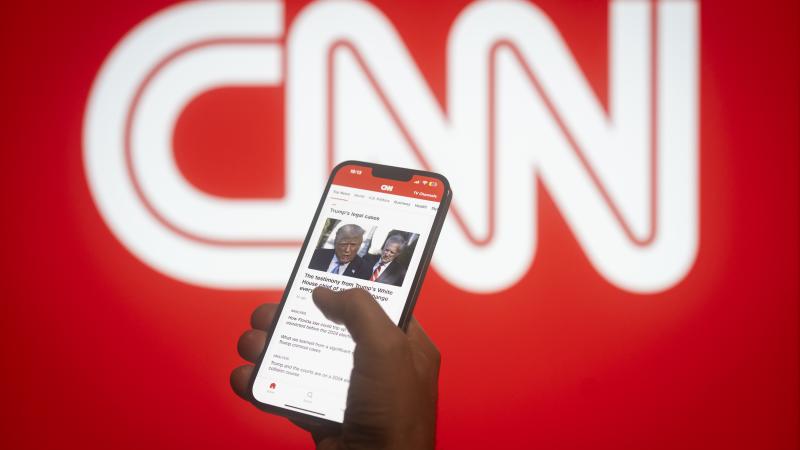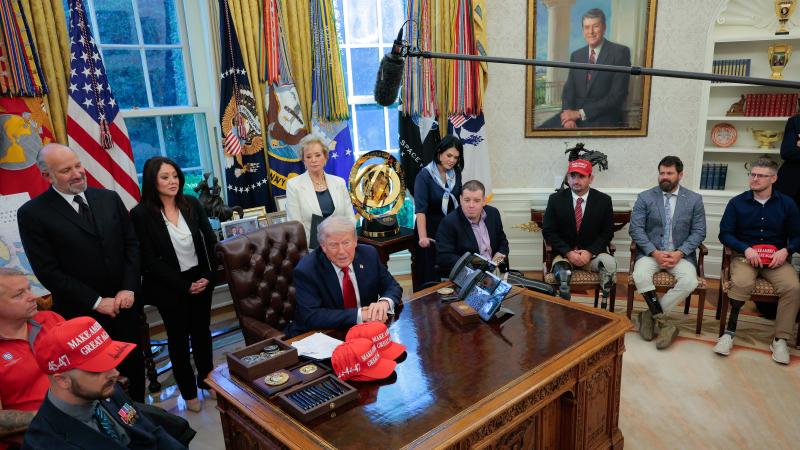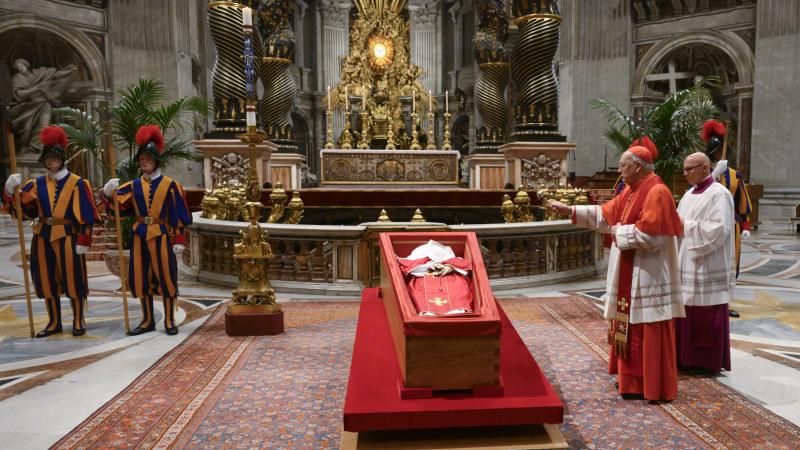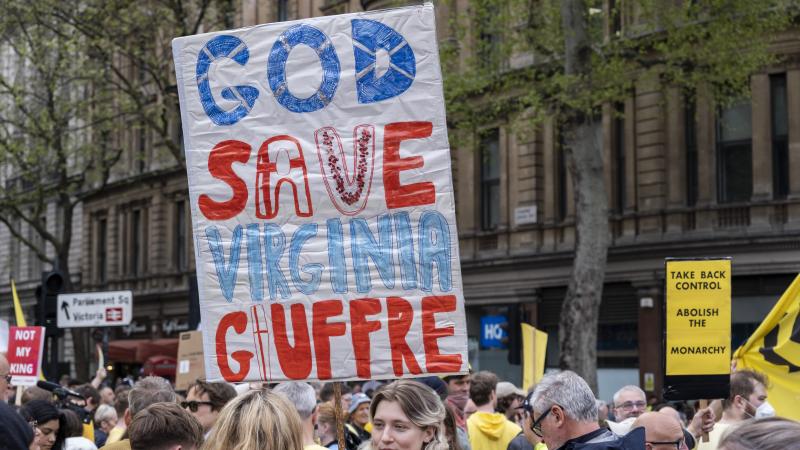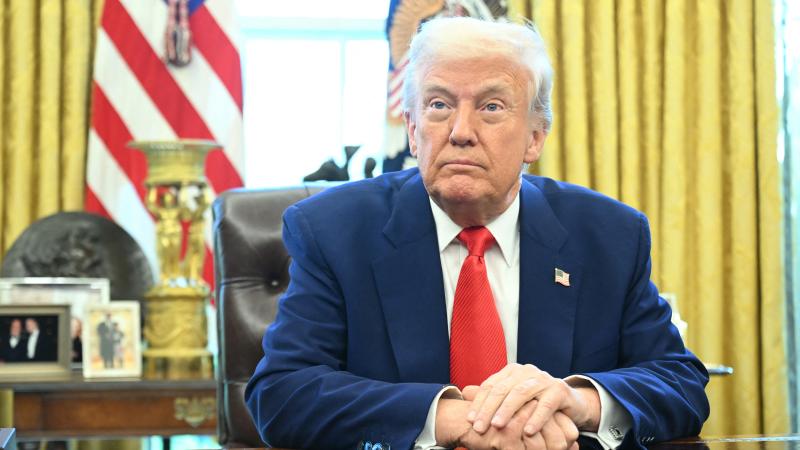University officials face personal liability for dumping professor who questioned gender medicine
University of Louisville leaders wrong to believe "they can act as they choose until there is a case on all fours" with 6th Circuit precedent, which already confirms "campaigns of harassment, when considered as a whole, may amount to adverse actions," panel finds.
Three and a half years after the 6th U.S. Circuit Court of Appeals prohibited a public university from retaliating against a professor for refusing to use a student's preferred pronouns, the Cincinnati-based court went even further by stripping qualified immunity in a similar case.
University of Louisville officials can be held personally liable for allegedly retaliating against a psychiatry professor through a "hostile, humiliating work environment" designed to chill his speech and not renewing his contract after he questioned so-called gender-affirming care at a Heritage Foundation event in 2017, a three-judge panel unanimously ruled.
President Biden nominee Judge Andre Mathis, who dissented from blocking the former's entire Title IX rewrite but not the gender-identity provisions, wrote the opinion, joined by judges Ronald Lee Gilman and Richard Allen Griffin, nominated by presidents Clinton and George W. Bush.
"The First Amendment protects popular and unpopular speech alike," Mathis opened the 22-page ruling, which upheld a lower court decision denying officials both qualified and "state sovereignty" immunity. It affirmed the lower court's denial of summary judgment for the school.
Since Allan Josephson is seeking reinstatement as faculty and expungement of nonrenewal from his personnel file, he qualifies for an 11th Amendment exception for "prospective" equitable relief to "stop a continuing violation of federal law," Mathis wrote Thursday.
Even if Josephson's "panel remarks were a part of his official duties … it was clearly established that such speech is protected," meaning UofL officials can't get off the hook by claiming legal precedents were unsettled, Mathis wrote.
Crucially for educators, the panel knocked down UofL's argument that no precedent gave officials notice that "each Defendant’s conduct, in isolation, was an adverse action sufficient to show retaliation against a professor because of his protected speech."
Officials falsely believe "they can act as they choose until there is a case on all fours" with its precedent, Mathis wrote, citing more than 20 years of relevant precedents. Three "established that campaigns of harassment, when considered as a whole, may amount to adverse actions."
George Washington University law professor Jonathan Turley praised the panel for making "fast work of this insidious and dangerous claim," which "could have dramatically accelerated the growing intolerance on campuses" by freeing officials of "fear of liability as state officers."
UofL declined to comment on pending litigation and did not answer when Just the News asked if it would seek a review by the full appeals courts or Supreme Court.
A second victory for employee speech in public education, albeit more qualified, followed on Friday at the 8th Circuit, which struck down a ruinous $313,000 penalty on two Missouri teachers who sued Springfield Public Schools for mandatory antiracism training.
Protection for speech that questions gender ideology is an active question in litigation across the country, particularly in challenges to the Biden administration's Title IX regulations that added the concept to the 52-year-old sex discrimination law.
Title IX experts considered potential ramifications for not only Biden's rules but his predecessor's, which remain in effect in 26 states and hundreds more schools and colleges subject to injunctions against Biden's rules, at a Federalist Society conference Wednesday.
The Supreme Court's new scrutiny on agency authority could imperil former President Trump's regulation because its requirement for court-like proceedings in campus sexual misconduct investigations, like protecting gender identity, goes so far beyond the 37-word statute.
Josephson joined UofL in 2003 as chief of the Division of Child and Adolescent Psychiatry and Psychology, in which he served "without issue until 2017," when the medical school demoted Josephson for speaking on "childhood gender dysphoria" at the conservative D.C. think tank.
He sued several officials who supervised Josephson "at points during the relevant time": medical dean Toni Ganzel, interim pediatrics chair Kimberly Boland, former pediatrics chair Charles Woods, chief of Josephson's division Jennifer Le, psychology division chief Bryan Carter and former interim chief of his division William Lohr.
Heritage invited Josephson to the event after three years of "vocalizing" his concerns about new treatment for gender dysphoria in his academic work and consulting in lawsuits involving children seeking to use opposite-sex school facilities and gender confusion, questioning "children’s ability to make major medical decisions" and the permanence of confusion.
While specifying he was not speaking for UofL, Josephson told the gathering — which was posted online — that gender confusion "cannot be fully addressed with drugs and surgery" and medical professionals should help children "learn how to meet this developmental challenge."
LGBT Executive Center Director Brian Buford told Ganzel that Josephson "might be violating the ethical standards for psychiatry" and warned that attention to his remarks "puts our reputation at risk." The dean agreed Josephson's remarks did not "reflect the culture" of the medical school.
Ganzel told Buford to "discuss next steps" with Woods, while Carter said his colleague's "highly conservative" views — embraced by several liberal European governments — could hurt the medical school's "accreditation, recruitment and retention."
Carter vowed to challenge Josephson's activities and said all division faculty agreed Josephson "must cease and desist in these activities in his role as our division chief," Mathis wrote. Woods confronted him about appearing at Heritage, because "those on the religious right" might promote his views "in ways he might not anticipate" and connect them to his "day job."
Faculty dogpiled Josephson at a meeting, with Le, Carter and others demanding he apologize or distance his views from the medical school, and he accused them of staging "a coup." Woods told Josephson to resign from the position a week after he declined the chief's offer to do so.
Le, Carter, and Lohr then stepped in as division co-chiefs and started devising grounds to get rid of Josephson, the opinion summarizes.
Lohr told his colleagues he was inclined to challenge Josephson's "inductive reasoning as unscientific and ask how much he’s earned as an expert witness over the last 2 years on sexuality issues," while Woods and Boland told him "not to treat LGBTQ patients."
The co-chiefs started monitoring Josephson's behavior before assuming authority over him, creating a document to track "concerns and productivity issues" about him that was updated for more than a year. One compared it to "making a report to Child Protective Services."
They had a "tense meeting" about his workload in March 2018 and accused him months later of "insufficient work performance," which Josephson called the "only formal productivity warning" he had ever received. He claimed to "immediately" increase his productivity in response but said the co-chiefs never told him it was insufficient before his nonrenewal the next year.
Josephson's speech was clearly protected, Judge Mathis wrote. He spoke on "sensitive political topics" of public concern, Heritage paid for his travel expenses and made clear he was speaking for himself — Josephson's formal duties are to "spread the good news" about the school off campus — and he gave remarks "related to his teaching and scholarship."
The only way his remarks "interfered with the Medical School’s operation" — a permissible basis for regulating his speech — was creating "disharmony" with colleagues and when he "stormed out of a contentious faculty meeting" when some attendees criticized his views, Mathis wrote.
The school could not "identify any actual impact Josephson’s remarks had on patient care" or anyone who quit or rejected a job offer based on his activities, and offered no evidence its accreditation was threatened. The basis for his removal as chief was stated as "limited confidence" in his leadership, not violating "loyalty or confidentiality duties," the judge said.
The 8th Circuit panel settled the issue of whether public university professors still have First Amendment protections in their "core academic functions" when it upheld Nicholas Meriwether's right to avoid personal pronouns in 2021, Mathis wrote. "Josephson’s panel remarks were on a topic he taught and wrote about as a child-psychiatry expert."
The Facts Inside Our Reporter's Notebook
Videos
Links
- prohibited a public university from retaliating against a professor
- blocking the former's entire Title IX rewrite
- 22-page ruling
- Jonathan Turley praised the panel
- 8th Circuit, which struck down
- $313,000 penalty on two Missouri teachers who sued
- mandatory antiracism training
- Federalist Society conference


